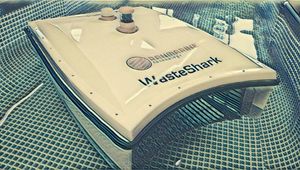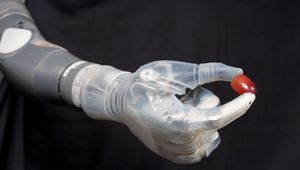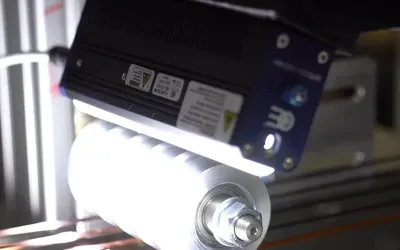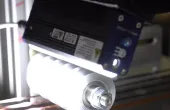KyronMAX® Carbon Composite Materials
High-strength carbon composite materials to substitute conventional metallic structures in industrial applications.
Technical Specifications
| Product Type | Carbon Composite Materials |
| Reinforcement | Carbon Fiber, Glass Fiber, Additives |
| Thermoplastic Polymer Types | PP, PA, PPA, PPS, PEI, PEEK, TPU etc. |
| Molding Techniques | Conventional Injection Molding |
| Applications | Conventional injection molding applications, Rapid prototyping, 3D printing |
Overview
KyronMAX® carbon composites are robust, lightweight alternatives to metals in demanding applications. These are short-fiber, reinforced thermoplastics have exceptional strength, better than glass and carbon-filled systems at identical fiber loadings. With a highly predictable performance outcome due to enhanced FEA simulation, KyronMAX® is suited for complex part geometries that are impossible to achieve with conventional materials.
Their high performance extends across a wide temperature range, making them ideal for harsh and rugged environments. This innovative combination of strength, versatility, and thermal resilience makes KyronMAX® a game-changer for industries seeking weight reduction and enhanced durability without sacrificing structural integrity.
Moldable Polymers Stronger than Any Other Material that Can Substitute Metals
KyronMAX® composites are stronger than any other moldable alternative that can be injected for creating thermoplastic structures. These materials use advanced carbon fiber technology that can bear up to 60,000 psi of pressure.
In addition to high-end tensile strength, the compound is much lighter than steel weighing only 25% as compared to its metallic counterpart. Compared to aluminum, it’s 50% lighter, and can replace most aluminum-based structures. Therefore, it offers immense use cases in lifting and mobile structures, and complex high-spec injection molding applications in the industrial sector.
Moreover, KyronMAX composites are economically efficient too. These injection-molded compounds have a 30% lower component cost compared to traditional metallic parts.
KyronMAX consists of short-fiber thermoplastic compounds featuring PP, PA, PPA, PEI, PEEK, and TPU polymers. A wide range of polymer types makes KyronMAX a preferable option for industry-specific applications.
Moreover, the composites feature Carbon Fiber (CF, HMF, or rCF) reinforcement, glass fiber and additive reinforcement too. Hence, the polymers can be formulated for customized applications too. Customers can also benefit from low carbon footprint by using recycled polymers and/or carbon fibers.
Simplified Cost-Efficient Injection Molding Process
The composite offers exceptional tensile strength. But more importantly, it’s the molding process that makes it a preferable option for heavy-duty industrial applications. The polymer makes it rapidly injectable and compatible with complex molding. Interestingly, the material doesn’t require any special molding equipment and can be injected using the existing molding processes. So, it saves cost and can be immediately installed simply by replacing the current polymer material.
The resin compounds are easily customizable and can retain material strength even with complex geometrical designs. Therefore, KyronMax is easy to deploy specifically for high-volume and rapid production of moldable compounds.
Due to simplified deployment, KyronMax polymers reduce operational time and cost, and boost production cycle times. These polymers have a predictable part performance thanks to world-leading design and simulation support. They are also environment friendly offering a low Carbon Dioxide footprint and can be recycled.
KyronMax prototypes are supported by the signature SPRINT (Soluble Printed Injection Tooling) technology by Mitsubishi Chemical Group, allowing faster functional prototypes development. Hence, it allows for quicker testing and implementation of prototypes for reduced operational time.









